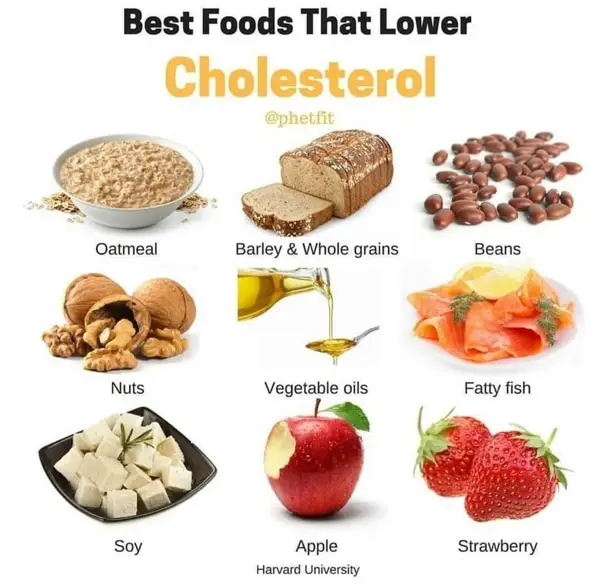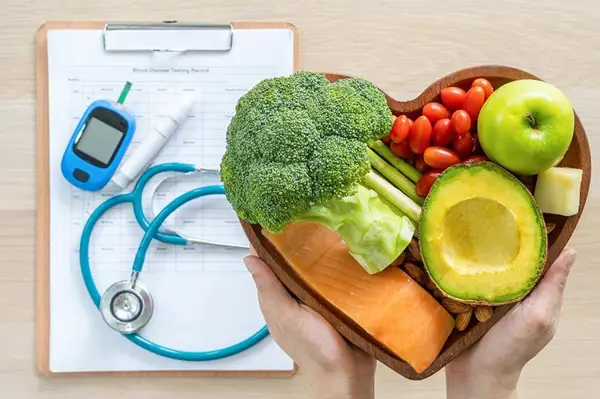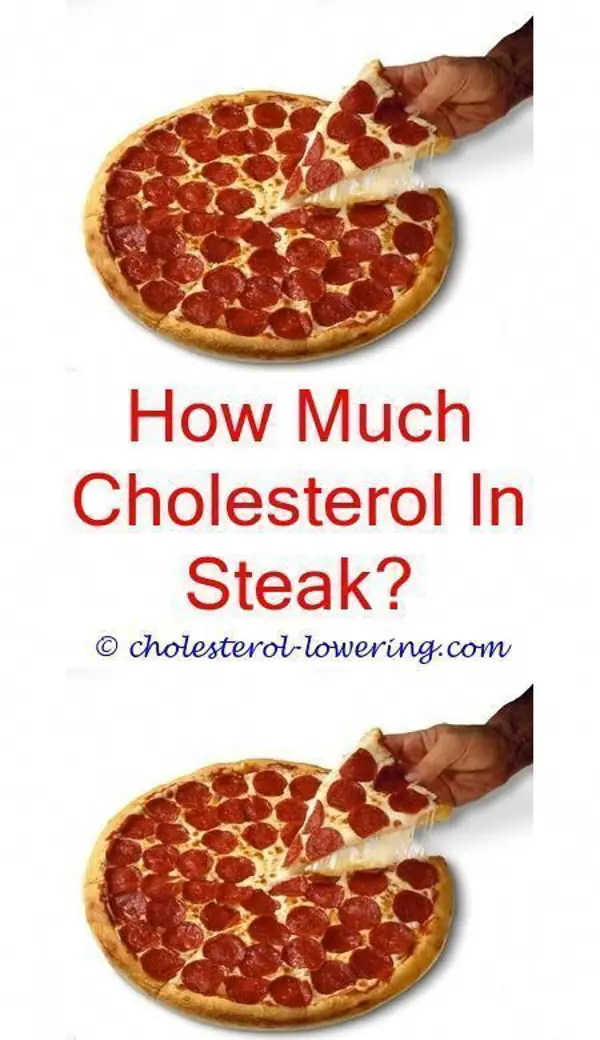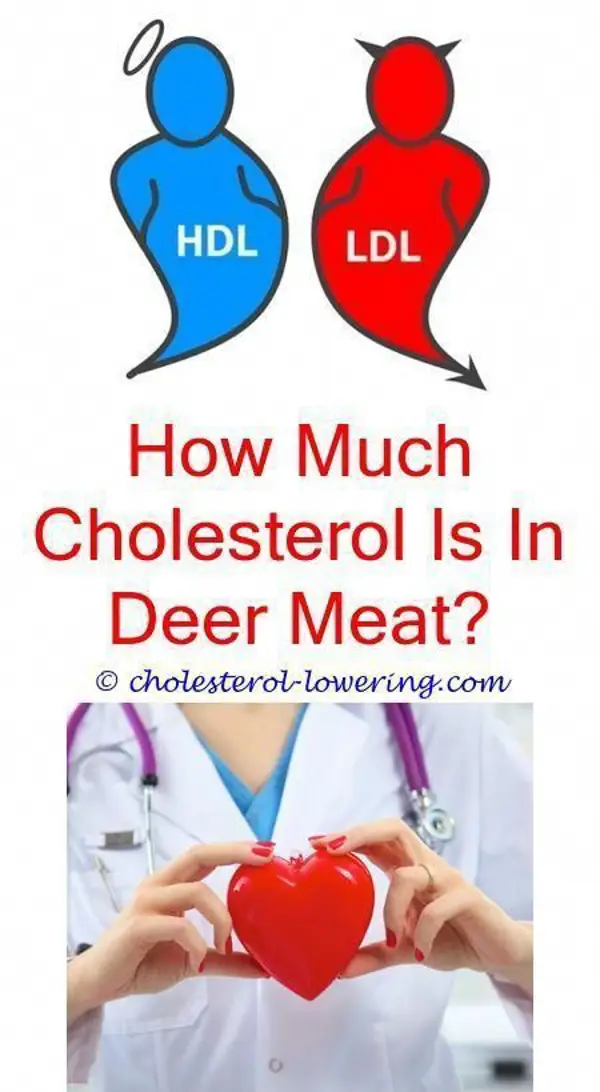Cholesterol is a fatty substance that is found in your blood. It is important for building healthy cells, but high levels of cholesterol can increase your risk of heart disease. One of the main ways to control your cholesterol levels is through diet. But how quickly does diet affect cholesterol levels? Let's explore the relationship between diet and cholesterol.
Table of Contents
- What is Cholesterol?
- The Role of Diet in Cholesterol Levels
- Foods That Affect Cholesterol Levels
- How Quickly Does Diet Affect Cholesterol?
- Tips for Improving Cholesterol Levels
- The Importance of Regular Monitoring
- Conclusion
What is Cholesterol?
Cholesterol is a waxy substance that is found in your blood. It is produced by your liver and is also found in certain foods. There are two main types of cholesterol: LDL (low-density lipoprotein) and HDL (high-density lipoprotein). LDL cholesterol is often referred to as "bad" cholesterol, while HDL cholesterol is known as "good" cholesterol.
The Role of Diet in Cholesterol Levels
Your diet plays a significant role in your cholesterol levels. Consuming foods that are high in saturated fats, trans fats, and cholesterol can raise your LDL cholesterol levels. On the other hand, foods that are high in fiber, such as fruits, vegetables, and whole grains, can help lower your cholesterol levels.
Cholesterol is a type of fat found in the blood that is essential for various bodily functions. However, high levels of cholesterol can increase the risk of heart disease and other health problems.
Diet plays a crucial role in determining our cholesterol levels. Consuming a diet high in saturated and trans fats can raise cholesterol levels, while eating foods rich in unsaturated fats can help lower cholesterol.
It is important to note that changes in diet can have a quick impact on cholesterol levels. For example, reducing intake of high-fat foods and increasing consumption of fruits, vegetables, and whole grains can lead to lower cholesterol levels in as little as a few weeks.
In addition to dietary changes, regular exercise and maintaining a healthy weight are also important factors in managing cholesterol levels.

Foods That Affect Cholesterol Levels
Some foods have been shown to have a significant impact on cholesterol levels. These include fatty fish, nuts, olive oil, and avocados, which are high in unsaturated fats that can help lower LDL cholesterol. On the other hand, foods high in saturated fats, such as red meat and full-fat dairy products, can raise LDL cholesterol levels.
The foods we eat have a direct impact on our cholesterol levels. Foods high in saturated and trans fats can raise levels of LDL (bad) cholesterol in the blood, while foods rich in fiber, healthy fats, and antioxidants can help lower cholesterol levels.
The effects of diet on cholesterol levels can be seen fairly quickly. For example, switching from a diet high in processed and fried foods to one rich in fruits, vegetables, whole grains, and lean proteins can lead to a decrease in LDL cholesterol levels within a few weeks. Similarly, adding foods like oats, nuts, and legumes to your diet can help boost HDL (good) cholesterol levels.
It is important to remember that individual responses to dietary changes may vary, and it is best to work with a healthcare provider or nutritionist to create a plan that is tailored to your specific needs and goals. By making small, sustainable changes to your diet, you can improve your cholesterol levels and reduce your risk of heart disease.

How Quickly Does Diet Affect Cholesterol?
The impact of diet on cholesterol levels can vary from person to person. Some individuals may see a significant improvement in their cholesterol levels within a few weeks of making dietary changes, while others may take longer to see results. It is important to work with your healthcare provider to monitor your cholesterol levels and make any necessary adjustments to your diet.
Diet can have a rapid impact on cholesterol levels. Making changes to your diet, such as reducing saturated fats, trans fats, and cholesterol, and increasing fiber-rich foods can lead to a decrease in LDL (bad) cholesterol and an increase in HDL (good) cholesterol within a matter of weeks. Eating a healthy, balanced diet and incorporating regular physical activity can help improve your cholesterol levels and overall heart health. It's important to consult with a healthcare professional or a registered dietitian for personalized advice on managing your cholesterol through diet.

Tips for Improving Cholesterol Levels
In addition to making dietary changes, there are other steps you can take to improve your cholesterol levels. These include maintaining a healthy weight, exercising regularly, and avoiding smoking. It is also important to limit your intake of alcohol and processed foods, which can negatively impact your cholesterol levels.
The Importance of Regular Monitoring
Monitoring your cholesterol levels on a regular basis is important for maintaining heart health. Your healthcare provider can perform blood tests to measure your cholesterol levels and assess your risk of heart disease. By keeping track of your cholesterol levels, you can make informed decisions about your diet and lifestyle to protect your heart health.
Conclusion
In conclusion, diet plays a significant role in cholesterol levels. Making healthy dietary choices, such as consuming foods that are high in unsaturated fats and fiber, can help lower LDL cholesterol levels. It is important to work with your healthcare provider to monitor your cholesterol levels and make any necessary adjustments to your diet. By taking proactive steps to improve your cholesterol levels, you can reduce your risk of heart disease and improve your overall health.
Key Takeaways
- Your diet can have a significant impact on your cholesterol levels.
- Foods high in unsaturated fats and fiber can help lower LDL cholesterol.
- Regular monitoring of cholesterol levels is important for heart health.
FAQ
Q: How quickly can diet affect cholesterol levels?
A: The impact of diet on cholesterol levels can vary from person to person. Some individuals may see results within a few weeks, while others may take longer.
Q: What are some foods that can help lower LDL cholesterol?
A: Foods high in unsaturated fats, such as fatty fish, nuts, and olive oil, can help lower LDL cholesterol levels.



Recent Comments